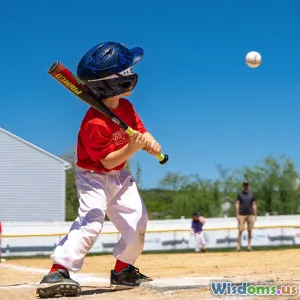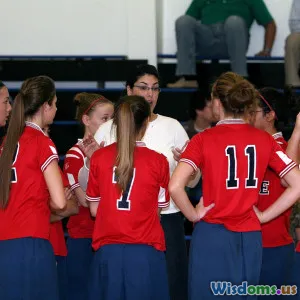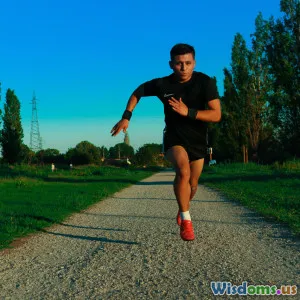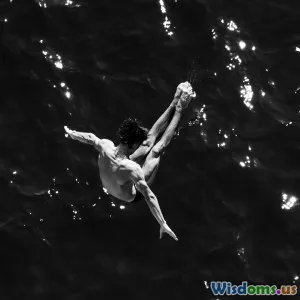Stories of Social Change Sparked by Famous Athletes
15 min read Explore inspiring stories of famous athletes who have sparked significant social change through activism and leadership. (0 Reviews)Stories of Social Change Sparked by Famous Athletes
Athletes have long been more than entertainers or competitors—they are leaders, icons, and catalysts for transformation far beyond the boundaries of their sports. In the arenas where victory is measured in seconds, points, or finish lines, famous athletes often seize the spotlight to highlight societal issues, leading to movements that spark real change. Their platforms amplify unheard voices, inspire hope, and motivate communities around the world. This article delves into how well-known athletes have ignited and shaped social movements, leaving a legacy that echoes far beyond stadiums and scoreboards.
Sporting Icons Who Changed History
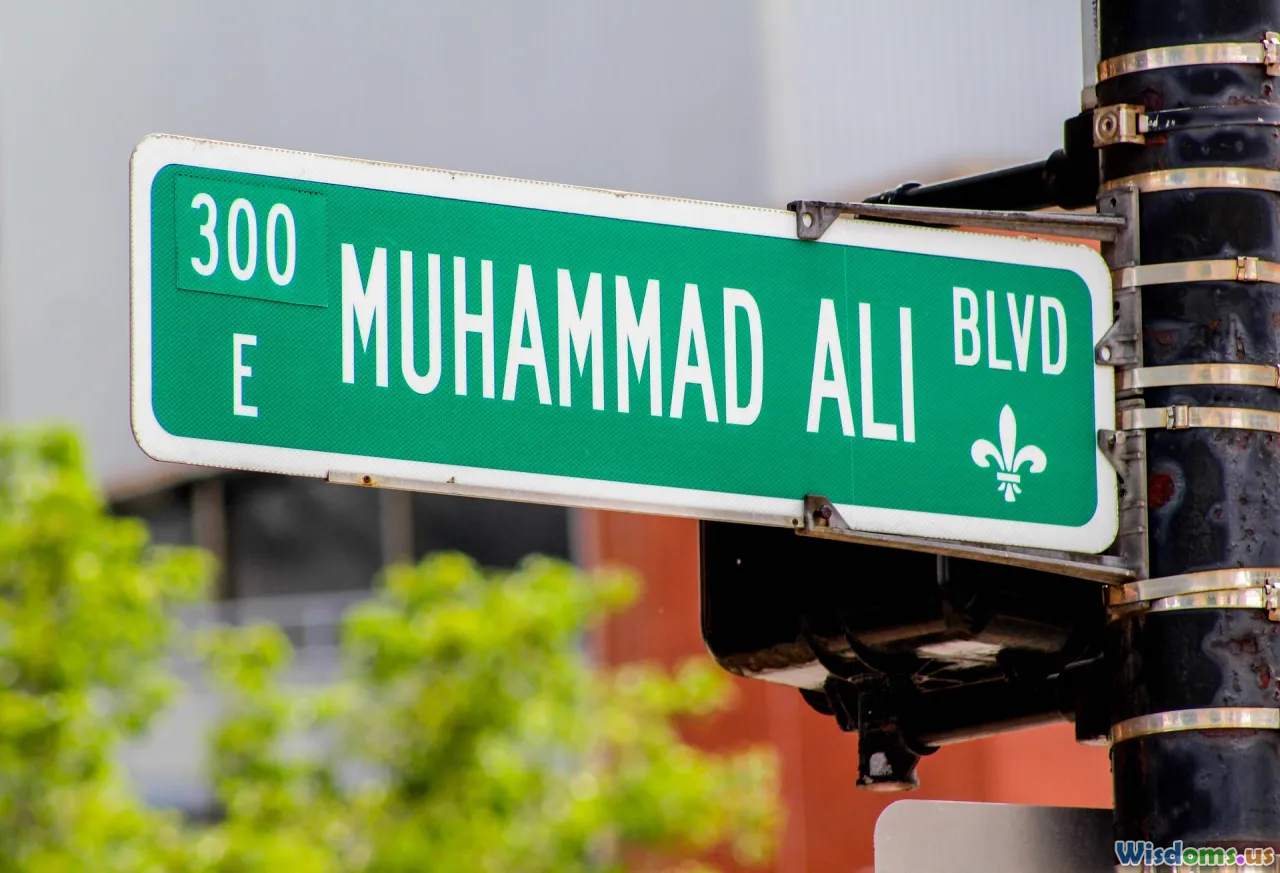
Throughout the 20th and 21st centuries, several trailblazing athletes have redefined the role sports play in society. Perhaps the most iconic figure in this arena is Muhammad Ali, who courageously refused military induction during the Vietnam War era, citing religious and ethical grounds. Ali lost his heavyweight boxing title, was banned from professional boxing for years, and became the face of a wider antiwar and civil rights movement. His willingness to endure personal loss for principle inspired countless Americans and marked a pivotal moment in athlete activism.
Another defining example is the protest by Tommie Smith and John Carlos at the 1968 Mexico City Olympics. After winning gold and bronze in the 200-meter sprint, they raised black-gloved fists on the medal podium to spotlight racial injustice and inequality in the United States. Their silent, bold gesture reverberated around the globe. Both athletes faced career repercussions—ostracization and threats—but their symbolic protest remains a beacon for subsequent generations seeking to link sports with social justice.
These acts demonstrate that sports figures, wielding visibility and influence, can redefine what it means to be a public figure committed to social progress.
Gender Equality and Empowering Women in Sports

Female athletes have stood at the frontline of the struggle for gender equality, both on and off the field. Billie Jean King's crusade for women’s rights in tennis reached its apex during the historic “Battle of the Sexes” match in 1973, where she defeated Bobby Riggs in front of a global audience. King’s charisma and outspoken advocacy for equal pay contributed to the founding of the Women’s Tennis Association and eventual establishment of equal prize money for major tournaments, including Wimbledon and the US Open.
Beyond single events, legislation like Title IX in the United States, which prohibits gender discrimination in federally funded education and sports programs, owes much to the relentless activism of female athletes and their allies. Current superstars like Serena Williams continue to champion women’s empowerment, using their success and platform to address issues from pay equity to maternal health advocacy. Williams’ candid public discussions about her pregnancy complications and experiences with discrimination have sparked necessary debates about support structures for women in sports and society at large.
By fighting for equal opportunity and respect, these athletes have inspired millions, changing perceptions, and opening doors for new generations.
Breaking Barriers: Fighting Racism On and Off the Field

The struggle against racial injustice in sport has been long and arduous. One of the clearest symbols of progress is Jackie Robinson, who broke Major League Baseball’s color barrier in 1947. His grace under fire—amid relentless racial abuse and threats—helped erode the walls of segregation far beyond the diamond. Robinson’s pioneering feat led to wider desegregation in other American institutions and inspired the broader civil rights movement.
In contemporary times, Colin Kaepernick’s decision to kneel during the national anthem in 2016 catapulted athlete protest into the modern era. Kaepernick protested racial profiling and police brutality, sparking an NFL-wide and international conversation about systemic racism. While his activism arguably cost him his professional career, it mobilized athletes across sports—from soccer and basketball to high school teams—to participate in similar acts of solidarity.
Their stories, and the movements they inspired, illustrate how athletes can use their public positions to prompt crucial conversations and legislative action against institutional racism.
LGBTQ+ Athlete Trailblazers Paving New Roads
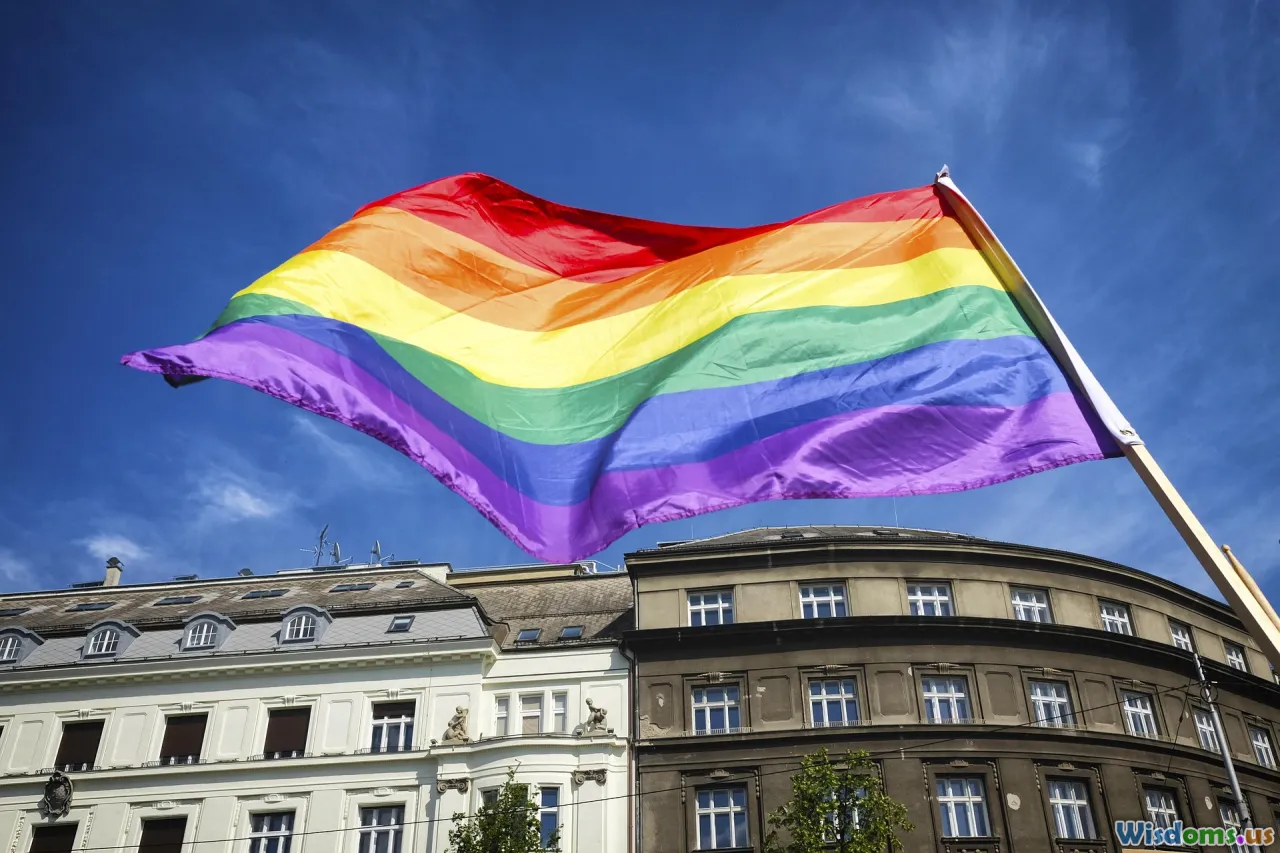
Visibility matters in the fight for LGBTQ+ rights, and athletes breaking the silence have proved seismic. Jason Collins, in 2013, became the first active male athlete in a major American team sport to publicly come out as gay, challenging stereotypes within the hyper-masculine world of professional basketball. His announcement provided encouragement, support, and visibility to LGBTQ+ fans and aspiring athletes worldwide.
Megan Rapinoe, captain of the US Women’s National Soccer Team, brings visibility to multiple social causes, including LGBTQ+ rights and pay equity. Openly gay and outspoken, Rapinoe kneels during the anthem in solidarity with Kaepernick, speaks against discrimination, and helped lead the legal fight for equal pay in women’s soccer. Her outspokenness—and relentless on-field excellence—made her a role model, underscoring the message that authentic representation matters.
These athletes show that representation can shift conversations, inspire self-acceptance, and prompt institutions to rethink discriminatory practices.
Athlete Philanthropy: Transforming Communities Through Giving

Beyond activism, many athletes initiate tangible change through philanthropy. LeBron James’s story shows how sports fame can translate to deep community investment. Through his LeBron James Family Foundation, James established the “I PROMISE School” in Akron, Ohio—providing education, resources, and wraparound support for at-risk youth. Such efforts demonstrate robust, systemic commitments to social uplift rather than symbolic gestures alone.
Similarly, international soccer stars like Marcus Rashford have pressured governments and led grassroots campaigns. Rashford used his profile to force policy changes on free school meal vouchers for low-income children in the UK during the COVID-19 pandemic, highlighting food insecurity and children’s rights. These focused interventions impact individuals directly, improving their lives and prospects while reshaping how athletes approach their social responsibility.
By investing in education, health, and youth development, these athletes prove the powerful ripple effect of using personal wealth and public pressure to transform society.
Social Media and the Rise of Digital Athlete Activism

The digital era has rewritten traditional boundaries between athletes and fans. With millions of followers, today’s superstars can address issues directly and circumvent traditional media. Social media platforms have become potent megaphones for activism, as athletes coordinate campaigns, support each other, and mobilize grassroots action at unprecedented speeds.
For instance, NBA stars such as Stephen Curry and Chris Paul actively engage and organize through their digital channels. In 2020, many players used the #BlackLivesMatter hashtag, leveraging their visibility to rally widespread protest movement energy both during the sports lockdown and in the return-to-play “bubble.”
On another front, Naomi Osaka—Grand Slam tennis champion—utilized her platform to make strong, visual statements by wearing masks with names of police brutality victims during the 2020 US Open. The move brought global attention to racial injustice—and illuminated how athletic excellence, combined with social consciousness, can spurn discussion and change hearts and minds.
Athlete influence on social media intensifies calls to action, creates personal connections, and brings urgency to vital causes.
Mental Health Advocacy and Changing the Conversation

Historically, vulnerable topics like mental health were taboo in the competitive world of sports. Recently, top-tier athletes have started breaking the silence—recognizing mental wellbeing as crucial to both performance and personal stability.
Simone Biles's withdrawal from multiple Olympic events in Tokyo 2021 underscored the immense psychological pressure placed on elite athletes. Biles cited her mental health struggles, opening up a much-needed dialogue about athlete wellbeing, psychological safety, and support systems. Her honesty inspired other athletes, from Michael Phelps to Naomi Osaka, to share their stories and promote resources.
Today, organizations funding mental health initiatives in sports recognize the unique pressures athletes face. By sharing their experiences, sports stars help combat stigma, encourage others to seek support, and lead wider cultural change around mental wellness. Healthier athletes mean healthier societies—starting with open, empathetic conversations and stronger institutional support.
Barriers Remaining and the Future of Athlete-led Social Change
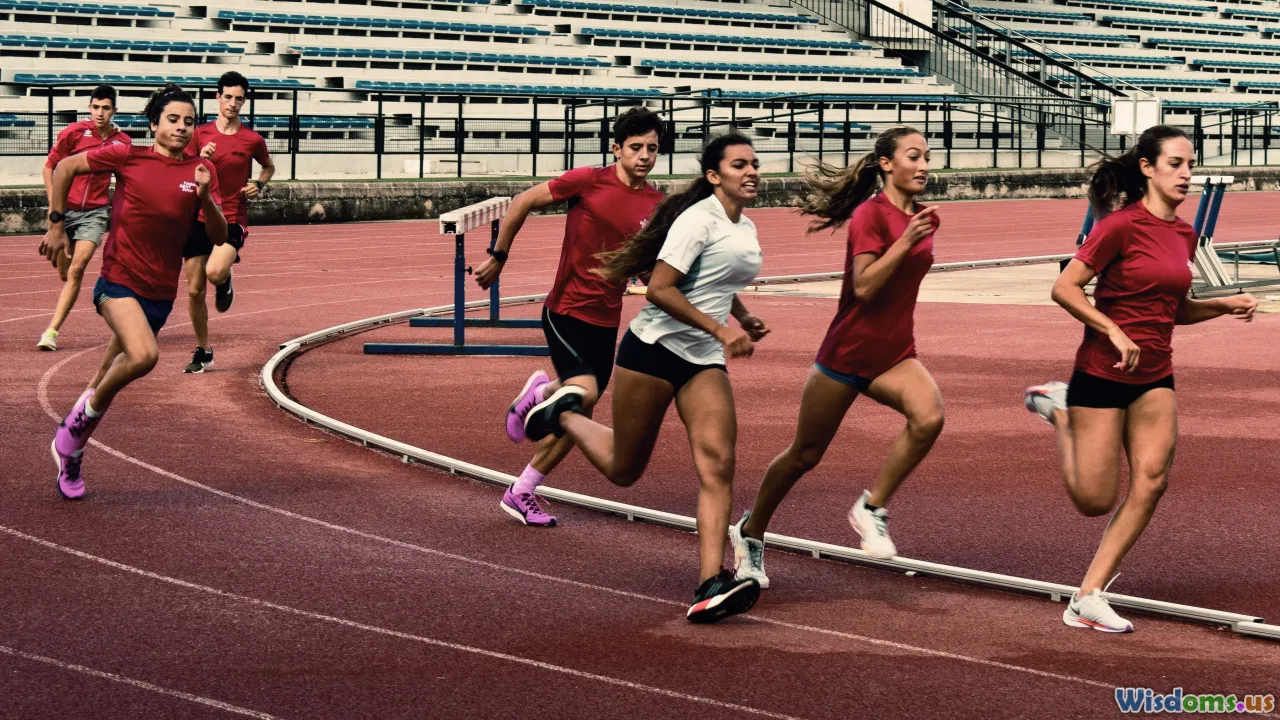
While the stories above reveal significant shifts, barriers for athlete activism endure. Pushback from fans, sponsors, and governing bodies is frequent; risks still include loss of salary, status, or career opportunity. Major sports leagues often promote ‘stick to sports’ narratives, and global inequalities mean not every athlete has the same freedom or safety to speak out.
However, the collective impact is undeniable. Each protest, campaign, or charitable endeavor chips away at outdated norms and systems—whether in terms of race, gender, identity, or access to opportunity. Grassroots athlete activism is surging, as seen in efforts from women in Afghan football fighting for basic rights to Paralympians working for disability inclusion. Young athletes are entering the spotlight with activism in mind, well-versed in using digital tools and focused on creating sustainable, intersectional change.
Sponsorship and sports governance landscapes are also evolving. Brands increasingly align with athlete activism—in some cases out of public pressure, in others from a genuine stance. The future promises a more vocal, influential, and unified athlete presence, ready to challenge injustice wherever it appears.
Every generation produces a few remarkable athletes who see their calling not just in competing within the lines, but in daring to redraw them. Whether it is through protest, policy, philanthropy, or voice, these sports stars leverage their platform for progress. Their stories prove time and again that the pursuit of social change remains a game for the bold—a game whose greatest winners are often those who fight for something far bigger than themselves.
Rate the Post
User Reviews
Popular Posts











